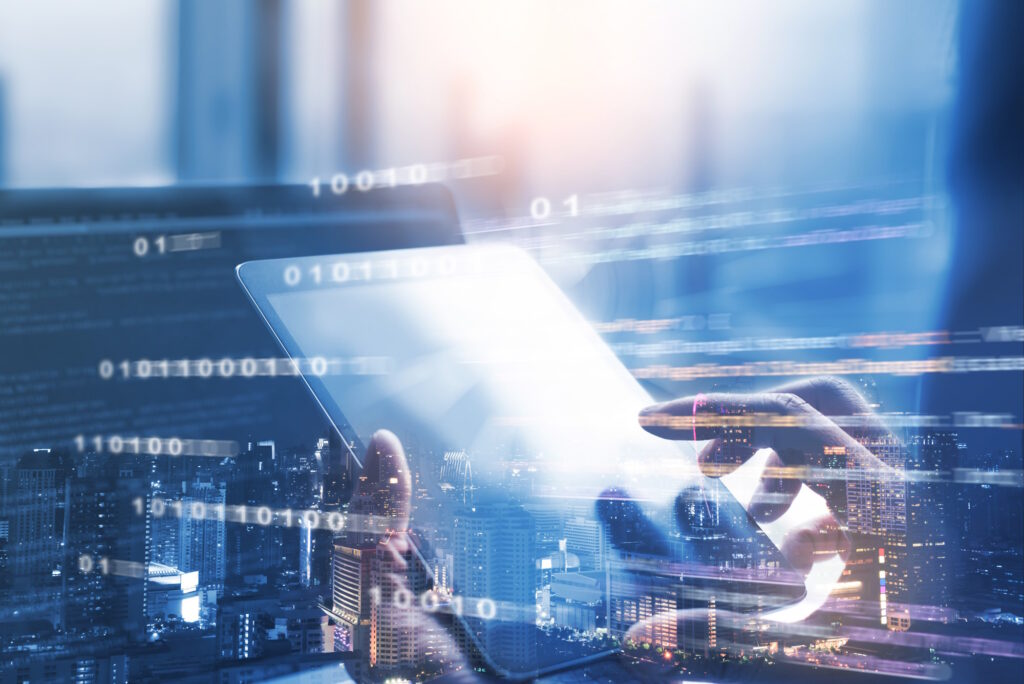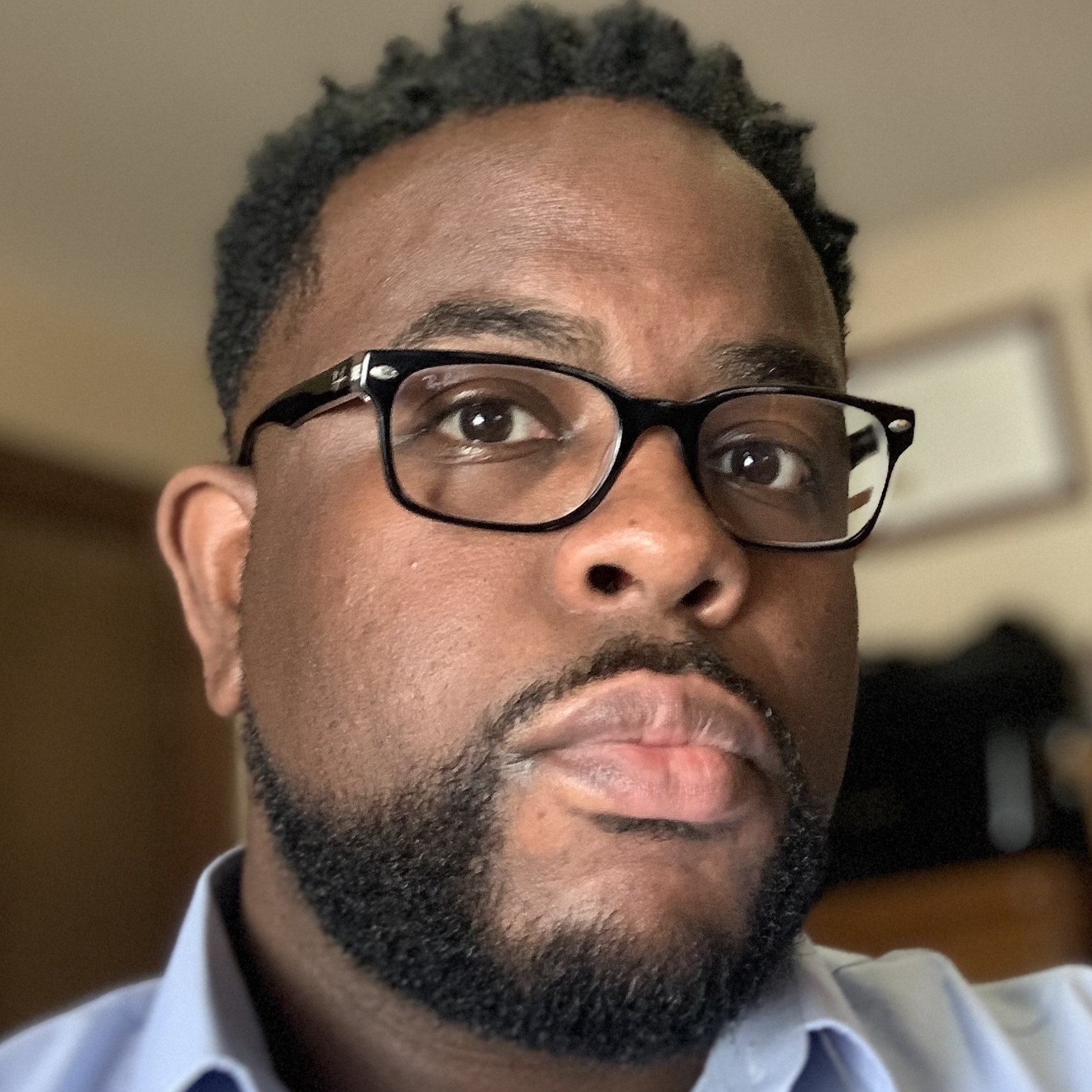States find themselves at a crossroads when tasked with navigating the persistent nationwide court reporter shortage. One option? Tweak the status quo in hopes that the problem will somehow resolve itself. The other option? Lean into modern technology to fill the void created by the shortage. With the demand for court reporting exceeding supply, it only makes sense that states are finally beginning to weigh their options.
For its part, Wisconsin is no stranger to the court reporter shortage. With the state having only one NCRA-approved court reporting program, it’s easy to see why Wisconsin courts have decided to try something different. State courts began implementing electronic recording years ago. And now, as reported by local NBC 26 news, the city of Milwaukee is incorporating digital reporters to pick up where stenography has fallen short. In an interview with NBC 26, District Court Administrator Jon Bellows, outlined the court reporter shortage:
“The National Court Reporters Association, their previous president estimated that, by this year [2023] there’s nationally a gap between supply and demand of about 11,000 people across the U.S. We’re certainly not immune from that.”
With legal technology, states can pursue credible options to capture the record. But this is not limited to the courts. Non-stenographic methods can provide cost-effective alternatives to traditional stenographic deposition reporting as well. In Wisconsin, the rules of civil procedure give leeway so parties can chart their own paths to conduct depositions. Under Wisconsin’s Rule on Civil Procedure 804.05(2)(c), parties may motion for a court order to record a deposition by “other than stenographic” means. Additionally, Wisconsin’s Rule on Civil Procedure 804.04 allows parties to conduct depositions “before any person, at any time or place, upon any notice, and in any manner” upon written stipulation. This means that, despite the court reporter shortage, options are available through court order or agreement between the parties.
When it comes to trying something new, a bit of apprehension should be expected. And court reporting is no different. Wisconsin has seen both the pros and cons of stenography and electronic recording. But whichever your prerogative, it’s important to realize that legal technology provides court reporting options to consider when choosing what works best for you. Some may choose traditional stenography, trusting the human element. Others may prefer the efficiency and availability legal technology has to offer. However, there is one more option worth pursuing. When it comes to the human element versus technological advancement, why not have both?
Readback is a non-stenographic remote service created to empower attorneys to deliver their best performance in depositions. Powered by patented speech-to-text technology, Readback also preserves the human element of deposition reporting by utilizing human transcribers and a Guardian to oversee the proceeding. The Guardian handles exhibits, provides readbacks, offers technical support while a team of human transcribers verify accuracy and trustworthiness for a verbatim record. The result? Premium features and faster turnaround times at low, flat rates. Readback’s flagship service, Active Reporting, offers certified transcripts in one day, rough drafts in one hour, and near-time text in seconds during the proceeding. Visit Readback to schedule your next remote deposition today.
*Disclaimer: Readback is neither a law firm nor a substitution for legal advice. This post should not be taken as legal opinion or advice.



